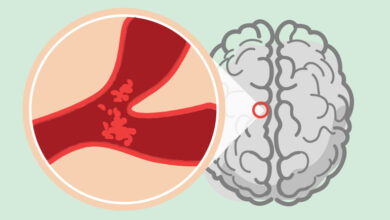About 1.5 million Americans have lupus disease and nine out of every 10 are women, according to the Lupus Foundation of America. Surprisingly, in two separate conversations about this autoimmune disease — one with a patient, the other with a specialist nurse — the word most frequently spoken was “unpredictable.”
“It’s a disability that you cannot describe because the whole thing about lupus is it’s so unpredictable,” Mallory Dixon, 29, told Medical Daily.
Describing her personal experience, she speaks with the lightest Southern lilt and sounds both young and purposeful at once. In the photograph attached to her email, an attractive, petite brunette with a taste for stylish clothes smiles broadly.
Among the ways lupus cannot be predicted is it strikes at any age, with little racial or ethnic preference, Dixon explains. Worst of all, symptom severity not only varies from patient to patient but also over a person’s lifespan, something she experienced first-hand. Though her doctors identified rheumatoid arthritis when she was 17 years old, Dixon continued to experience lupus symptoms that could not be explained for years.
“One of my doctors told my parent I might need to see a therapist,” she said.
Eventually — six years after her original arthritis diagnosis — a doctor added up her many symptoms, her medical history, and diagnosed lupus. Still, two years later, feeling miserable and finding it difficult to breathe, she knew something had gone terribly wrong. She picked herself up and went to the hospital.
“The night before, I was afraid to go to sleep,” Dixon said. “I tried to downplay the pain, but I had the feeling I was dying.”
Tragically, she was. Arriving at the hospital, she “technically” died, was brought back to life, and then didn’t walk outside again for 86 days. During this most painful period of her life, she fell into a coma, spent time on a ventilator, received chemotherapy, and was treated with dialysis. Later, she learned her pain and symptoms stemmed from the fact that the lupus disease had moved into her kidneys and they were “shutting down.”
“They do think with early prevention we can keep lupus from spreading to organs like the kidneys or in some cases, a patient’s heart or brain,” Dixon said. This is why she believes her most important mission is to “educate young women about what to look for.”
Lupus Symptoms: How it Can Affect Your Life
The Signs of Lupus:
open next page to continue reading….




